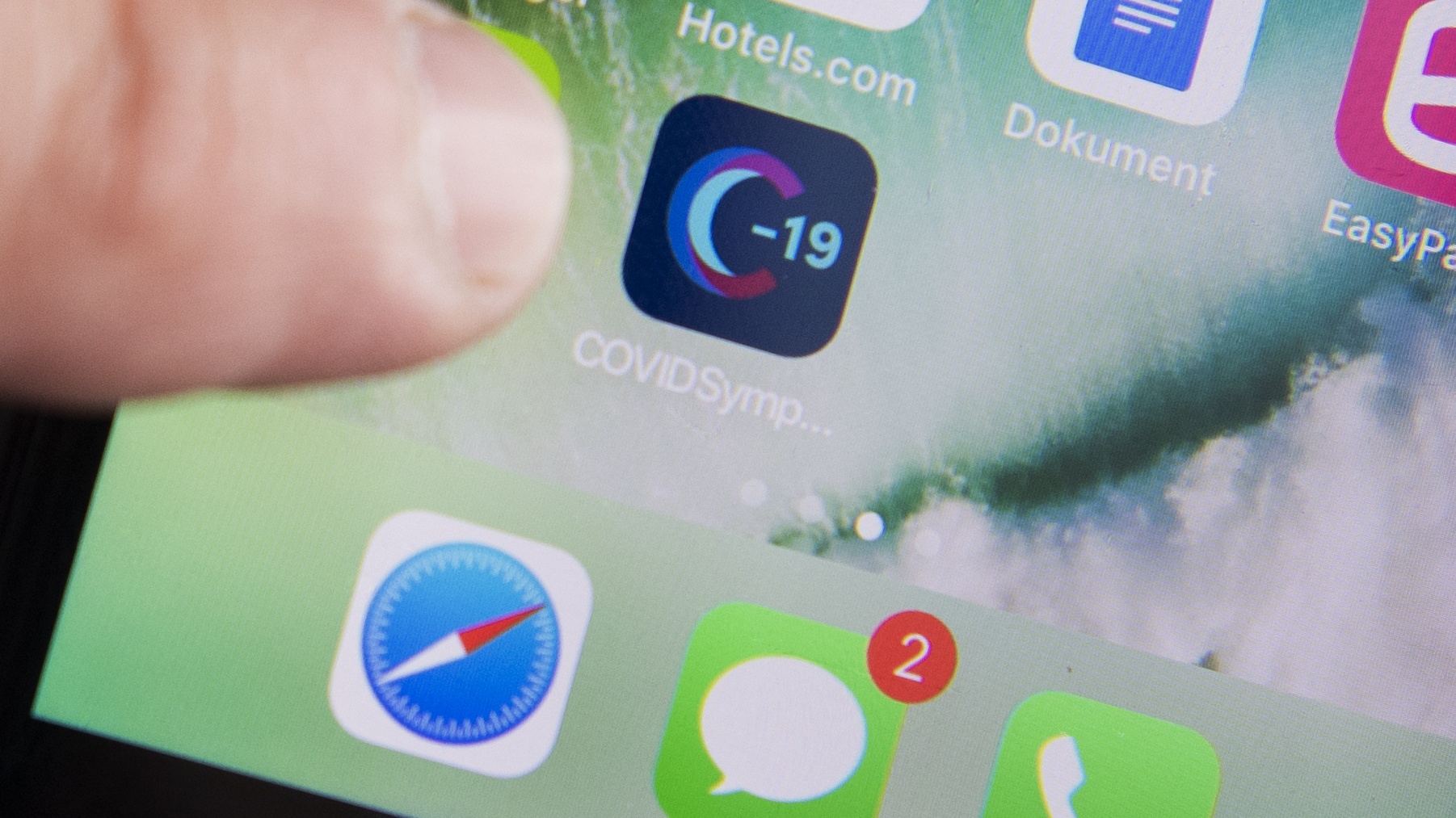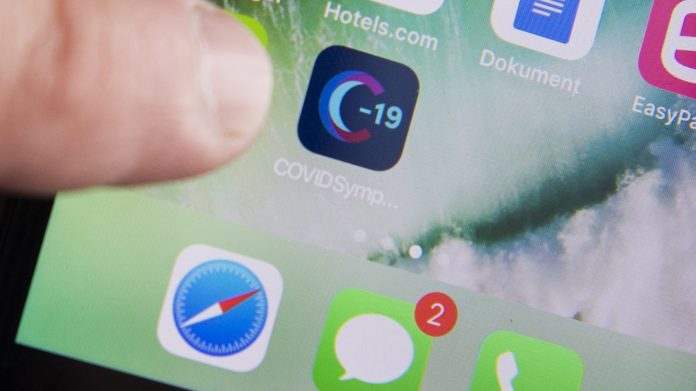
Councils across the north of England are setting up local track-and-trace systems in an effort to sidestep the government’s £10bn scheme.
Officials in Greater Manchester are believed to be preparing to roll out a “door to door” scheme, while Blackburn with Darwen Council launched a “bespoke service yesterday with the agreement of Public Health England” (PHE), The Times reports.
Following the recent sharp rise in coronavirus cases in the North, Bradford is also understood to be considering a “local track-and-trace team”, who would be forwarded details of confirmed or possible infections if NHS Test and Trace staff had been unable to contact the potentially infected people within 48 hours.
The growing push to “go it alone” comes as Labour leader Keir Starmer warns that the country faces a devastating second wave and a “long and bleak winter” if the government does not quickly improve the central track-and-trace system.
The case for keeping it local
The government’s highly expensive track-and-trace system has got off to an inauspicious start. Plans for a tracking app have been scrapped, and scientists are warning that the system “is still not good enough to prevent a second wave of coronavirus”, The Times says.
Contact tracers working for the scheme claim they are making just “a handful of calls every month” and are instead “occupying their time with barbecues and quizzes”, The Guardian reports.
One agent said that “they had made just a few calls in two months of work, two of which had been fake numbers”, according to the paper.
“I’ve heard of tracers claiming to be sitting in the garden having a barbecue so that they can stay logged in and clock up the hours,” the insider said.
An analysis of data obtained by The Guardian from a contact tracer hired through outsourcing company Serco found that 471 agents had made “just 135 calls in two days – around 0.14 calls per agent per day”.
“This figure includes calls to incorrect numbers, voicemails, or multiple calls made to the same individual”, with one person reported to have been called 20 times.
Responding to the claims, a Department of Health and Social Care spokesperson said that in the eight weeks since the scheme launched, 27,000 contact tracers have “contacted more than 218,000 people who have tested positive for the virus, or recently been in contact with someone who has tested positive”.
However, based on those figures, each of the 27,000 tracers would only have to make just over one successful call per week to have reached a total of 218,000 over that period.
Greater Manchester Mayor Andy Burnham told the newspaper that “the only way you can deal with these problems is a more local approach – door knocking and support for all employees to self-isolate”.
The region’s director of public health, Kate Ardern, says their local team has managed to reach 98%-100% of the cases referred through the national scheme. And in Leicester, the first area in the UK to be placed under local lockdown, the council’s system contacted 122 of a total 136 people referred – a success rate of 89%.
Meanwhile, the government claims the national scheme is reaching 81% of infected people per week, and 75% of their contacts. But according to an analysis of government data by researchers from University College London and the London School of Hygiene and Tropical Medicine, the true number of contacts being traced could be as low as 50%.
The case for staying national
While local schemes appear to be succeeding in tracking down the small number of cases referred by the national team, Burnham admits that Greater Manchester does not have “world-beating” system – a reference to Boris Johnson’s claims about the central tracing programme.
Greater Manchester’s system “is able to do really straightforward cases, but the minute they get more complicated it struggles”, Burnham said.
As it stands, local track-and-trace systems are still reliant on the centralised scheme to refer individuals, and are only mopping up cases that the government tracers cannot contact.
And although such schemes might be improved with greater funding at local level, the government has already pledged £300m in additional investment for councils to support the national tracking service.
Simon Clarke, the local government minister, this week said that the central system was “a massive national undertaking and it is working”.
Speaking to Sky News, he added: “It’s obviously vital that we always continue to keep up the progress that we’re making with test and trace.”







